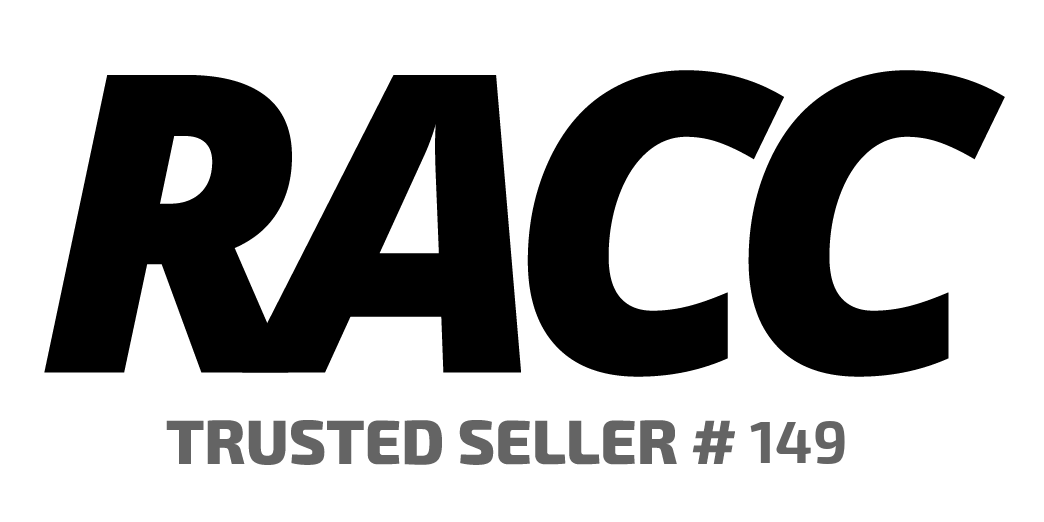1868-69 Japan 2 Bu Shogunate Gold Coin
Authentic Samurai Currency
- Lot number 3205509
- Total views 58
- Lot ended2020-04-20 20:00:00
- Total bids 8
- Winning bid $144.90
- Buyer's premium $24.63
- Total $169.53
- COIN NO RESERVE
Minted from the early 17th century until just after the fall of the Tokugawa shogunate in 1869. Feudal Japanese gold coins are remnants of a time when Japan was still largely agrarian, feudal and isolated. At this point in its history, Japan was ruled by traditional samurai lords who had cultivated their warrior philosophy for more than a millennium. The Japanese word for silver is "gin" and their word for gold is "kin". Therefore, a one bu silver coin would be called an ichibu gin, which translates as "one-bu silver". Likewise, a similar one bu coin in gold would be called an ichibu kin, or "one-bu gold". Most Tokugawa period Japanese gold coins available in the market today are smaller one (ichi) or two (ni) shu or bu denominations. These coins are called isshu-kin (one-shu gold), nishu-kin (two-shu gold), ichibu-kin (one-bu gold) and nibu-kin (two-bu gold), respectively. These smaller shu and bu Japanese gold coins from the Tokugawa shogunate have an unusual rectangular shape surrounded by finely beaded borders that is reminiscent of a miniature bar or ingot. Covered in exotic Japanese calligraphy and stylized paulownia flowers, shu and bu gold coins unequivocally exude the style of traditional samurai Japan.
Due to the uniqueness of each item, please refer to the photos provided in this auction. We offer high resolution images of each item rather than a written description of condition.
This item is being shipped from the Pristine Auction warehouse.

















